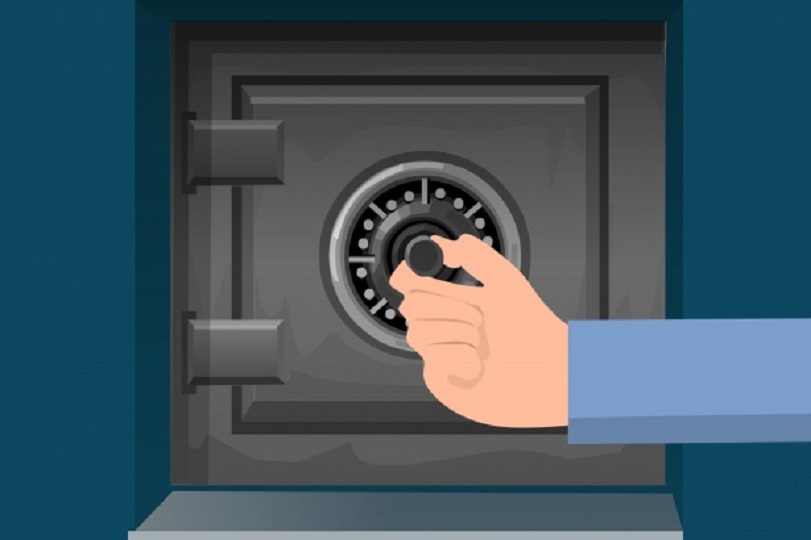Physical Address
304 North Cardinal St.
Dorchester Center, MA 02124
Physical Address
304 North Cardinal St.
Dorchester Center, MA 02124

Young people today are growing up in a largely digital world, and while that comes with all sorts of connectivity, convenience, and opportunity, it also comes with some risks and unnecessary expenses. In large part, these risks come in the ways people entertain themselves online and through mobile devices, though they can also arise from news consumption or even investment. Broadly though, the problem is that our increasingly digital lives, for all of their perks, have made it incredibly easy to spend more money than we actually mean to.
There are many areas that might fall into this discussion, but to convey the idea more specifically we’re highlighting just a few.
Table of Contents
This category covers all sorts of services that most everyone with an internet connection or a mobile phone uses. From digital newspaper subscriptions, to streaming service memberships, we’ve simply grown used to the idea of signing up for recurring payments – which we tend to not notice thereafter. However, while these subscriptions bring a lot of great things into our lives, they also add up. What seems like an occasional $5 or $8 payment quickly becomes one of many, and before long we can easily be spending $100 a month or more on an array of different memberships. Young people have simply grown into this reality, which means it’s a very important area to take care in. Fortunately, there are now trackers that help us to monitor these kinds of payments.
Betting and real-money fantasy sports have simply become so available that they’ve also become regular forms of entertainment for a lot of young people. Americans can only bet legally in a handful of states, but they can look to Canadian resources for betting options some of the time, and at the very least they can play at paid fantasy sites and daily fantasy programs that are essentially more game-like versions of sports betting. Again, these are essentially popular forms of entertainment these days – but they’re also financial risks. While it’s easy to talk yourself into the idea that you’re essentially paying for a bit of fun in the event that you lose a bet or a contest, those losses can add up. If they’re not careful, young people can end up with a favorite hobby that saps income on a regular basis.
Many if not most popular apps are free, and while this is wonderful it can also lead to a problematic mental lull in which we simply think of all mobile activity as free. At the same time however, mobile phones have made it incredibly easy for us to purchase apps – for $4.99, $8.99, or whatever the price may be – with the tap of a screen or the push of a fingerprint. Many young people don’t think twice about these purchases – or in-app purchases for that matter – because they can seem like outliers in a sea of free apps and activity. As with the other things mentioned here though, paid app downloads can quickly add up for those who aren’t careful.
Millennials and other young people are becoming famous for seeking out alternatives to traditional investment methods. This can mean trusting broker-like mobile apps, or it can even mean buying up cryptocurrency. There are ongoing debates about whether these investments are harmful, but rather than analyzing any given market, we’re discussing the impulse to try to make money easily. While young people have reason not to trust stock markets given the environment they grew up in, many are diving into alternatives without any real strategy or know-how. That doesn’t mean trial and error can’t be helpful, or that some won’t have a natural knack or get lucky. But by and large, young people would be very wise to approach investment apps with caution and patience.